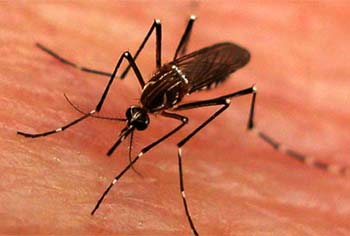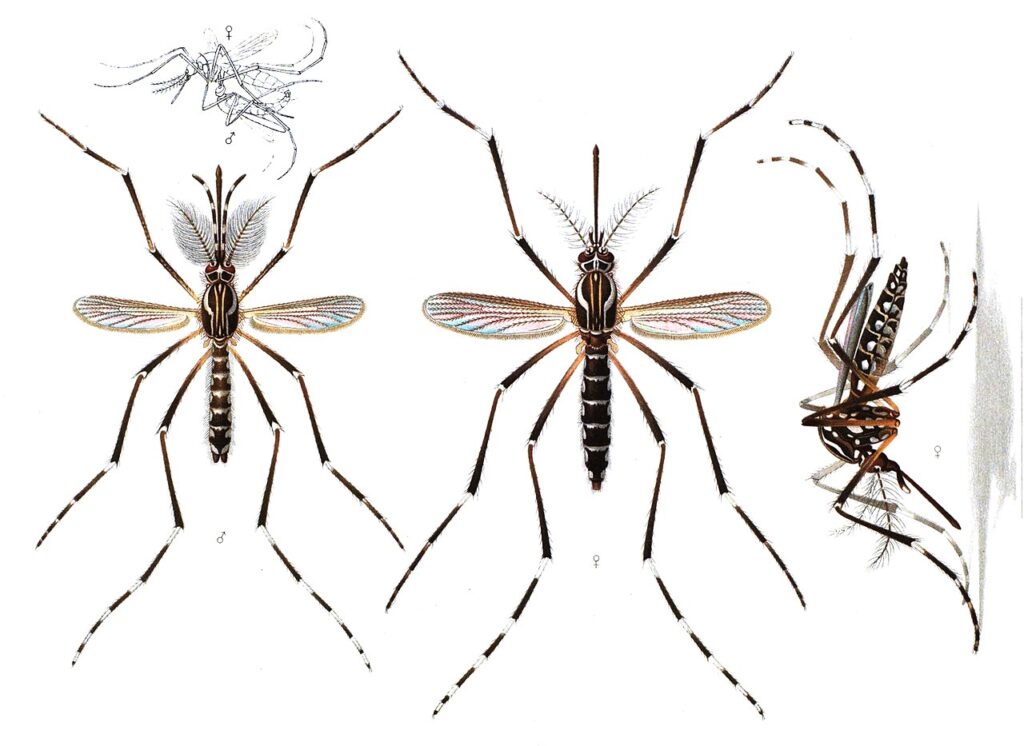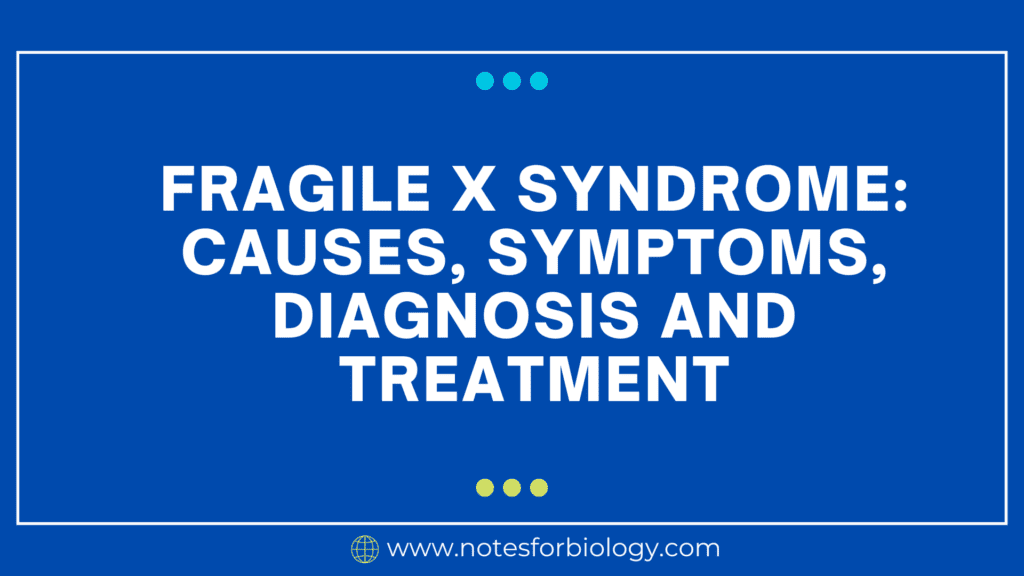What is Dengue?

A viral infection spread by mosquitoes, its fever is quickly becoming a serious worldwide health issue. There are four different dengue virus serotypes that cause it, and although symptoms can vary from mild to severe, in certain situations it can be fatal.
Table of Contents
The virus known as dengue is spread by the bite of an infected Aedes mosquito. These mosquitoes are distributed worldwide in tropical and subtropical climates, where they reproduce in stagnant water.

Its fever is a viral ailment spread by mosquitoes that is become more and more common all over the world. The disease virus, which is what causes it, is spread to people via the bite of an infected Aedes mosquito. Rapidly developing high fever, excruciating headache, rash, and discomfort in the muscles and joints are the hallmarks of Its fever.
Most patients recover completely throughout the 4–7 day period that the illness usually lasts. It can, however, occasionally develop into its hemorrhagic fever (DHF), a more severe type that can be fatal. Although there is no known cure for its fever, complications can be lessened with early detection and supportive care.
How does it spread?
The virus is spread by the bite of an infected Aedes mosquito. These mosquitoes are distributed worldwide in tropical and subtropical climates, where they reproduce in stagnant water.
When an infected mosquito bites a human, it transmits its virus to its host by feeding on the blood of the infected individual.
Its incubates in the mosquito, For eight to twelve days, the its virus replicates inside the mosquito.
When an infected mosquito bites a healthy person, the virus it carries can spread to the victim through its saliva once it has had time to incubate.
An individual contracts an infection, When an individual is infected, the its virus enters their circulation and causes its fever.
Symptoms
Most people with have mild or no symptoms and will get better in 1–2 weeks. Rarely, dengue can be severe and lead to death.
- high fever (40°C/104°F)
- severe headache
- pain behind the eyes
- muscle and joint pains
- nausea
- vomiting
- swollen glands
- rash
Individuals who are infected for the second time are at greater risk of severe dengue.
Severe dengue symptoms often come after the fever has gone away:
- severe abdominal pain
- persistent vomiting
- rapid breathing
- bleeding gums or nose
- fatigue
- restlessness
- blood in vomit or stool
- being very thirsty
- pale and cold skin
- feeling weak
Worldwide Effect
Millions Affected: Dengue affects millions of people annually throughout the world.
Growing Incidence: Over the past few decades, there has been a steady rise in the prevalence of dengue. Numerous causes, such as population expansion, urbanization, climate change, and insufficient disease control methods, are to blame for this.
Control and Preventive Measures:
Prevention and Control

Controlling mosquito numbers : is the most efficient strategy to avoid it. This include getting rid of mosquito breeding grounds, applying insect repellent, and donning protective gear.
Vaccination: There is a its vaccine on the market, however it has some restrictions and is not advised for everyone.
Early Identification and Treatment: If someone has its symptoms, they should see a doctor right once, especially if there are serious side effects.
Global Impact and Challenges
A major public health concern with this disease, especially in tropical and subtropical areas. Significant morbidity and mortality, especially in youngsters, are caused by the disease. The virus is spreading more widely, and factors including urbanization, climate change, and a lackluster healthcare system are to blame.
The foundation for comprehending the intricacy and significance of dengue disease is provided by this introduction. In the parts that follow, more details on dengue diagnosis, care, and prevention initiatives will be discussed.
Frequently Asked Questions(FAQ)
What is dengue?
A viral infection spread by mosquitoes, dengue fever is quickly becoming a serious worldwide health issue. There are four different dengue virus serotypes that cause it, and although symptoms can vary from mild to severe, in certain situations it can be fatal.
What are the causes of it?
The causes are
severe abdominal pain
persistent vomiting
rapid breathing
bleeding gums or nose
fatigue
restlessness
blood in vomit or stool
being very thirsty
pale and cold skin
feeling weak
Related Articles




